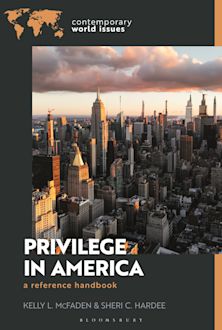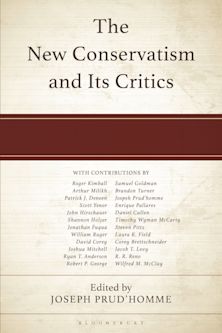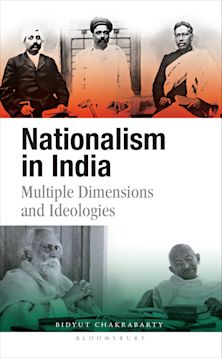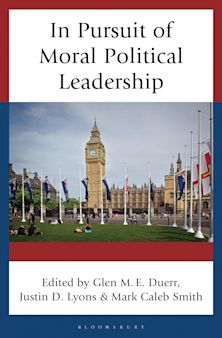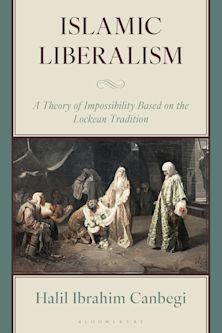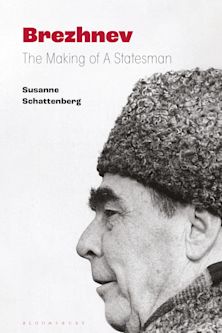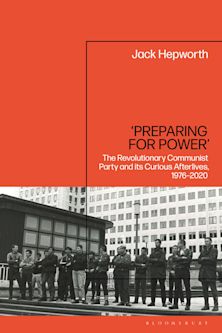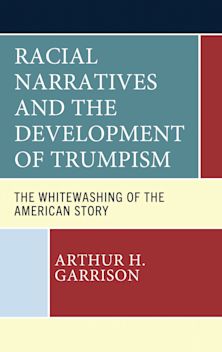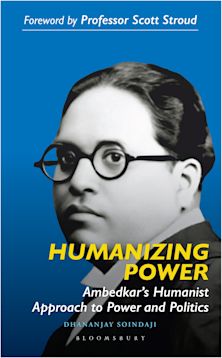- Home
- ACADEMIC
- Politics & International Relations
- Political Ideologies
- Autonomy, Refusal, and the Black Bloc
Autonomy, Refusal, and the Black Bloc
Positioning Class Analysis in Critical and Radical Theory
Autonomy, Refusal, and the Black Bloc
Positioning Class Analysis in Critical and Radical Theory
This product is usually dispatched within 1 week
- Delivery and returns info
-
Free CA delivery on orders $40 or over
You must sign in to add this item to your wishlist. Please sign in or create an account
Description
Autonomy, Refusal, and the Black Bloc reinterprets the positioning of critical and radical theory by focusing squarely on the role of class analysis. It also argues that the survivance of The Frankfurt School style of critique is wholly dependent upon the traditions of radical theory that find their same departure point from out of “the great refusals” of the 1960s and 1970s. By linking together the traditions of critical and radical theory through the work of Marcuse and Negri and by demonstrating their conjunctural and historiographical connections, Carley argues that the inventive strategic and organizational contexts that give rise to the black bloc tactic constitute a new political expression of class and, more forcefully, constitute the meaning of class politics for the late 20th and 21st century.
Table of Contents
1. Introduction: Marxism, Critical, and Radical Theory
2. Class, Organicity, and Autonomy: A Critique of Post-Autonomist Conceptions of Hegemony and Political Practice
3. Marcuse and Social Protest: Disruption and Continuance of the Radical Tradition in Critical Theory
4. An Analysis of the Black Bloc Tactic: Tactics as a Cultural Practice
5. References
About the Author
Product details
| Published | Jul 11 2019 |
|---|---|
| Format | Hardback |
| Edition | 1st |
| Extent | 118 |
| ISBN | 9781786608802 |
| Imprint | Rowman & Littlefield Publishers |
| Dimensions | 237 x 161 mm |
| Series | Radical Subjects in International Politics |
| Publisher | Bloomsbury Publishing |
About the contributors
Reviews
-
These are fighting words. Part genealogy of critical theory's strongest sinews, part corrective to the distortions of posers, Carley's mastery of the literature is bested only by his contempt for those who fake it. Every theory must find its limit situation, and Carley makes plain that, at its threshold, "autonomy" demands the repolarization of our one-dimensional world. Read at your own risk!
AK Thompson, Author of Premonitions: Selected Essays on the Culture of Revolt and Black Bloc, White Riot: Antiglobalization and the Genealogy of Dissent
-
Contra Antonio Negri’s criticism of the black bloc movement as “solitary” and “individual,” Carley argues powerfully and lucidly that the black bloc movement involves not merely isolated incidents of revolt, but an “affirmative and active” practice of progressive and constructive reconfigurations of social relations. This is an important contribution for anyone attempting to theorize, and support, contemporary social movements, and particularly the urgent issue of their organization or lack thereof.
Pierre Lamarche, Professor of Philosophy, Utah Valley University
-
Carley’s work is short and dense, wasting no time in diving into the complexities of radical and critical theory, as well as the tactical dimensions of social movement organizing. This is not a weakness, as it lends a clarity of purpose and significance to Carley’s arguments. As such, it is of interest to scholars concerned with contemporary forms of social protest, as well as activists and organizers doing that work. Given the growing prominence of groups using Black Bloc tactics and those adjacent to them—various antifa groups, as well as the gilet jaunes in France—the number of those interested in such questions is bound to grow.
Journal for the Study of Radicalism











